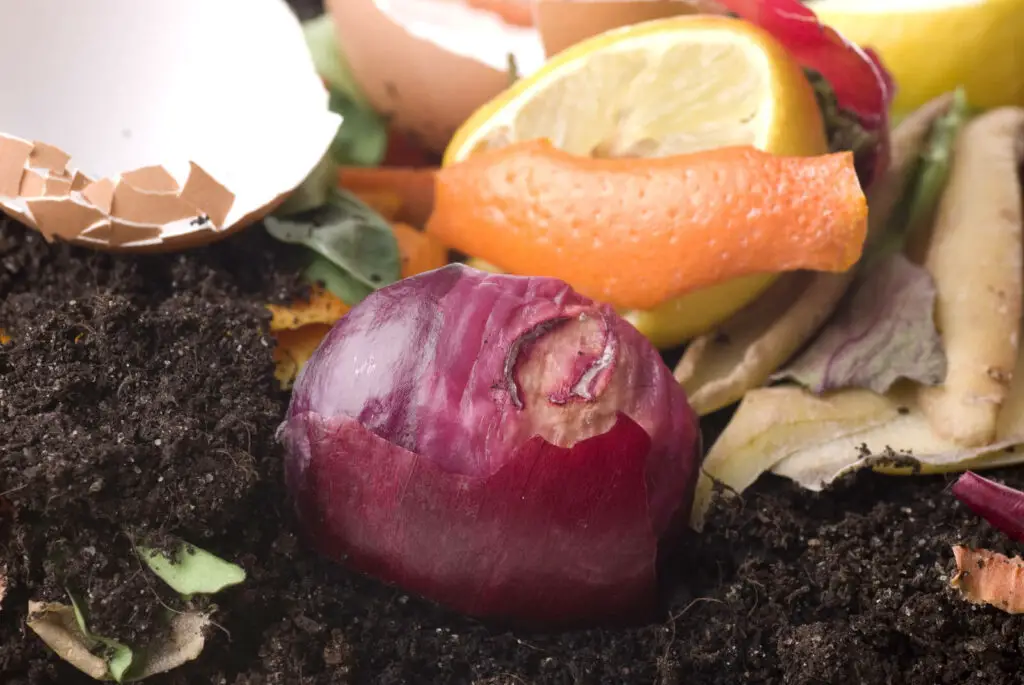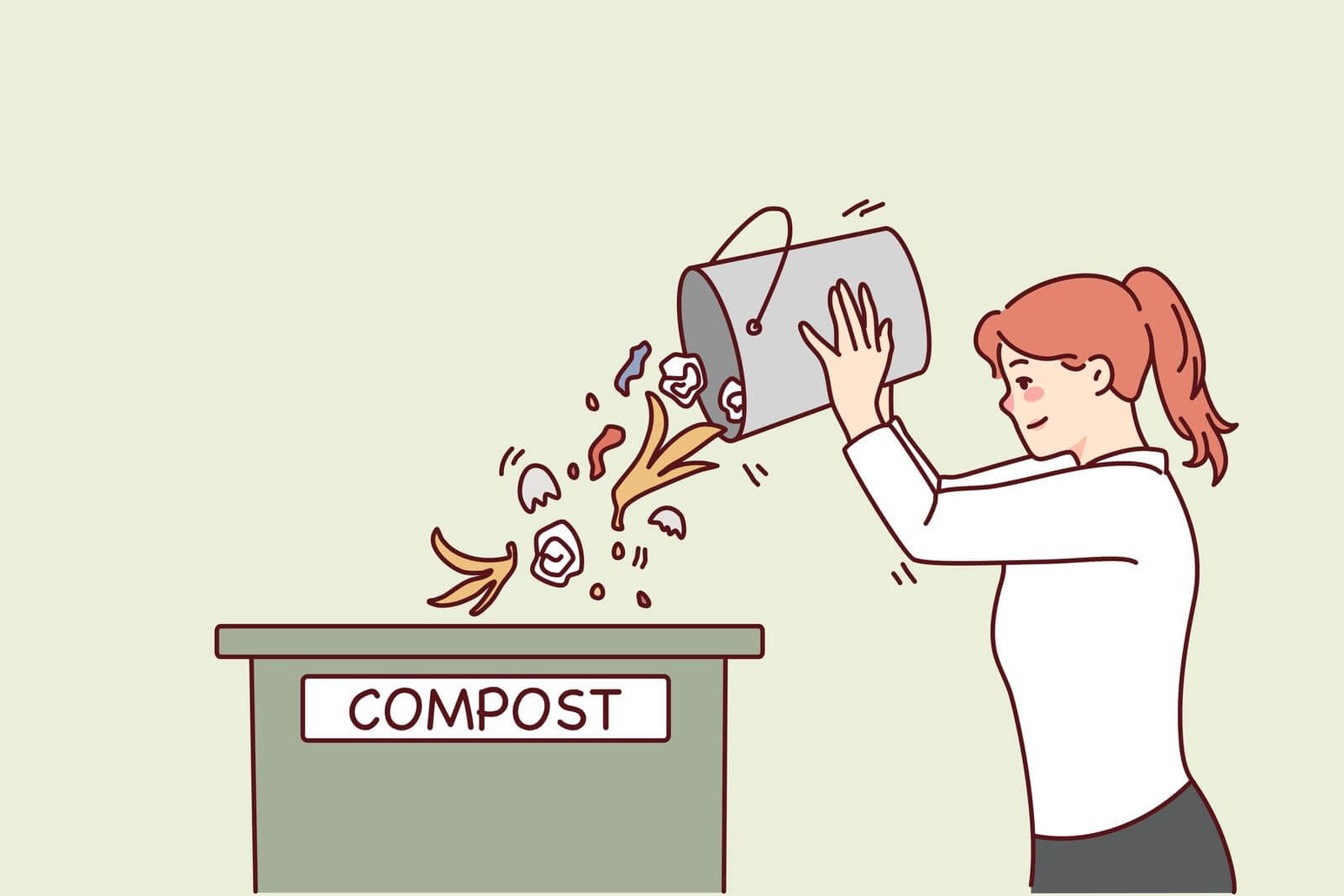Making compost is the practice of breaking down organic material such as leaves, yard clippings, kitchen scraps, and more into rich, nutrient-rich soil. This process of making compost can help reduce your carbon footprint, improve your garden’s soil health, and even reduce landfill waste. We will discuss the basics of making and maintaining compost in your own home.
Making Compost – What is it Compost?
Compost is the mix of biodegradable materials such as food scraps and yard waste that has decomposed over time. It’s an excellent way to recycle materials that would otherwise end up in landfills, while also providing your plants with essential nutrients. There are three main types of compost: green compost, brown compost, and finished compost.
Creating Your Compost Bin
The first step to creating an effective compost bin is selecting the right location. Choose a spot that has enough sunlight to keep it warm while still being able to stay moist. If you happen to choose a spot with too much sun or too little water, then you run the risk of drying out your compost pile and stalling out the decomposition process. Next, you need to find a bin that fits your needs – there are plenty on the market ranging from plastic bins to metal drums. Make sure that your bin has a lid or cover as this will help keep pests away from your compost pile.
Adding Materials To Your Compost Pile
Once you have selected a location for your bin and purchased one that fits your needs, then it’s time to start adding materials to your pile! You can add anything from food scraps (like banana peels or eggshells) to yard clippings (like grass clippings or leaves). It’s important not to add anything that could contain chemicals or toxins like paint chips or plastic bags – these items won’t break down like natural materials will and will just contaminate your compost pile instead.
Maintaining Your Compost Pile
Making sure that your compost pile stays healthy requires regular maintenance. This means regularly turning over the compost every few weeks so that oxygen can reach all parts of the pile – without oxygen, decomposition cannot occur! Additionally, make sure to keep an eye on moisture levels by sprinkling some water onto the pile if needed – too much moisture can lead to mold forming while too little can slow down decomposition. Finally, don’t forget about pH levels – they should be around 7 (neutral) for optimal decomposition!
Making compost is a great way for homeowners and gardeners alike to reduce their carbon footprint while also improving their soil health at the same time! Utilizing food scraps, yard clippings, and other organic materials is an easy way for anyone to get started with composting at home. All it takes is finding the right location for a bin, adding appropriate materials into it (and avoiding those which could contain chemicals or toxins), and regularly maintaining it by turning over the contents every few weeks in addition to keeping track of moisture levels and pH balance. With these steps in mind, anyone can feel confident setting up their very own compost pile at home!
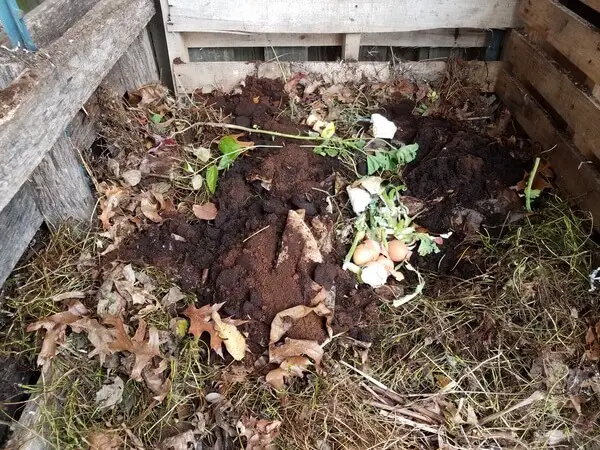
Making Compost: The Easiest Way to Help the Environment
Making compost is a great way to reduce your carbon footprint and help the environment. Making compost is a simple process that takes organic materials from your kitchen, garden, and yard turns them into a nutrient-rich soil amendment, and helps to reduce waste. Let’s take a look at the benefits of making compost.
Reduce Waste in Landfills
One of the greatest benefits of making compost is that it helps to reduce the amount of waste that goes into landfills. When organic materials such as food scraps, grass clippings, leaves, and even dog poop are sent to landfills they decompose without oxygen and release harmful methane gas into the atmosphere. This contributes significantly to global warming and climate change. By making compost these materials instead of sending them to landfills you can help keep our air clean and reduce greenhouse gas emissions.
Healthier Soil
Compost adds beneficial nutrients to the soil which helps plants grow stronger and healthier. It also increases water retention in the soil making it easier for plants to access necessary moisture during dry periods. This reduces stress on plants caused by drought conditions which can lead to better yields in vegetable gardens or improved growth in flower beds. Compost also helps break up clay soils which allow for better root penetration leading to healthier plant growth overall.
Save Money on Fertilizers and Soil Amendments
Making your compost means you won’t have to buy expensive fertilizers or soil amendments from stores or garden centers anymore. Making compost is much more cost-effective than buying fertilizer since you’re essentially creating it from readily available materials like kitchen scraps, leaves, and lawn clippings – all things you already have around your home! Additionally, when you are making compost yourself you know exactly what ingredients are going into it so there’s never any worry about whether or not it contains harmful chemicals or other unwanted elements like many store-bought products do.
The benefits of making compost far outweigh any time investment required upfront. Not only does it help reduce waste in landfills but it also creates healthier soils for better plant growth while saving money on expensive fertilizers or soil amendments over time. For green adults who want an easy way to contribute positively toward helping the environment while still getting something back in return, making compost is worth considering!
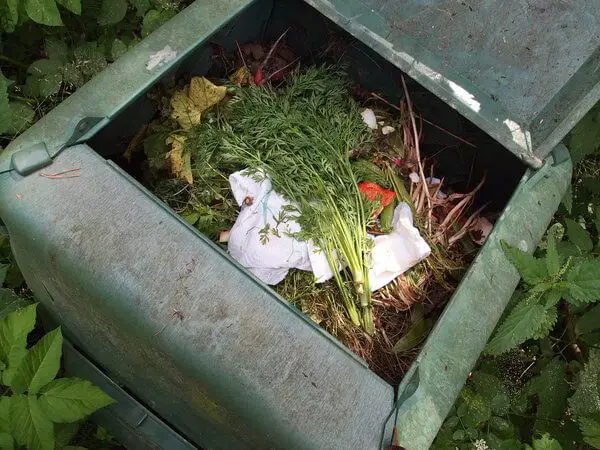
Understanding the Different Types of Compost and Their Uses
Composting is a great way to reduce waste and help the environment. Not only does it help reduce the amount of trash that goes into landfills, but it also helps build up the soil so it can better hold water, reduce erosion, and grow healthier plants. But did you know that there are several different types of compost? Let’s explore what each one is used for and how they all benefit your garden.
Green Compost
Green compost is made from nitrogen-rich materials, such as fresh grass clippings, plant trimmings, vegetable scraps, fruit peels, coffee grounds, and tea leaves. These materials break down quickly and provide essential nutrients to the soil. Green compost should be turned over every few weeks to help speed up the decomposition process. It can take anywhere from a few weeks to several months for green compost to be ready for use in your garden.
Brown Compost
Brown compost is made from carbon-rich materials like shredded newspaper, cardboard boxes, wood chips, straw, and sawdust. These materials take longer to break down than green materials because they need more time to decompose completely. Brown compost should be turned every month or two so air can circulate evenly through it and help speed up the decomposition process. Brown compost will usually take about six months before it’s ready for use in your garden.
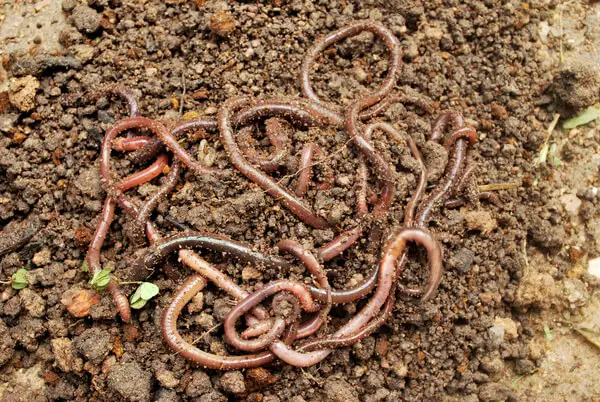
Manure Compost
Manure compost is made from animal manure such as cow dung or chicken droppings. This type of compost takes even longer than brown material to break down because of its high content of proteins and other compounds found in animal waste products. Manure should be turned over several times a year to allow air circulation throughout it and help speed up the decomposition process. Manure compost can take up to a year before it’s ready for use in your garden but once finished will provide beneficial nutrients for your soil such as nitrogen and phosphorus which are essential for healthy plant growth.
Finished Compost
Finished compost is fully decomposed material that has been broken down by microorganisms over time into a dark (often black) crumbly substance known as humus. This type of compost is full of essential nutrients such as phosphorus and potassium which help promote strong root development in plants. It also helps improve soil structure by increasing its water-holding capacity — meaning it will reduce water runoff while still allowing oxygen to penetrate the soil — resulting in healthier plants that require less watering than those grown with non-composted soil!
Composting can not only help reduce waste but also improve your garden’s health by providing essential nutrients and improving water retention in the soil. With so many different types of compost available, there’s sure to be something that fits your needs perfectly! Whether you choose green compost for its fast breakdown time or brown or manure for its higher nutrient content – no matter which type you choose – adding them all together will create an amazing mix that’ll have your plants thriving! So don’t wait any longer; start looking into which type of compost might work best for you today!
